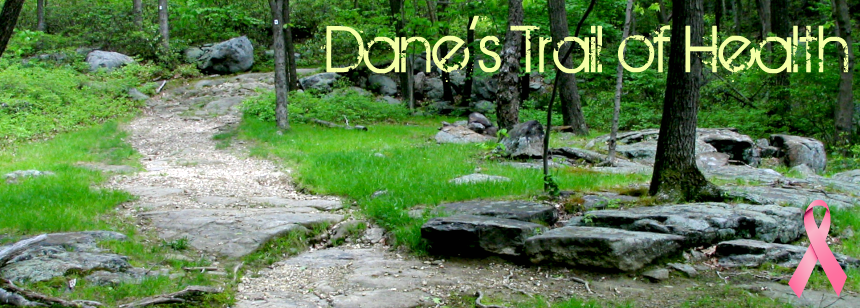The second quarter of the Omnivore's Dilemma includes the chapters: 6) The Consumer: A Republic of Fat, 7) The Meal: Fast Food, 8) All Flesh is Grass, 9) Big Organic, 10) Grass: Thirteen Ways of Looking at a Pasture.
Pollan says American farmers are producing 500 extra calories per person, each day, than they were during the Nixon Administration. He also explains some of the ways we have been manipulated into eating more. Such as being given larger portions in fast food chains. An 8 oz. Coke used to be given with meals, now it is 22 oz. This is cheap for companies to do, but is much more harmful to our health. A baby born in 2000 has a one third chance of developing type two diabetes in their lifetime. Three out of five Americans are considered overweight. One of the main antagonists in all of this? High fructose corn syrup. All of this helps paint the picture that this is potentially the first generation of children whose life expectancy is shorter than their parents'.
In the chapter The Meal, Pollan eats an actual meal. He and his family eat at McDonalds, and when he thinks about where his chicken nuggets have come from, he realizes is is overwhelmingly from corn. He also talks about what it takes to process the corn into food, that corn loses up to 90% of its energy in the process.
He then visits a farm where the farm is nearly self sufficient. The cows eat the grass, whose manure feeds the chickens, whose manure fertilizes the grass. Pollan writes that if humans were to go back to a grass rooted farming cycle, it might be possible to create the agricultural equivalent of a free lunch.
In the Big Organic chapter, Pollan talks at length about how we want to imagine where our food comes from, and that we want to feel good about it. He learns that organic cows are fed organic corn to be considered organic, but are raised much in the same way another cow would be. This goes for many other types of animal.
Pollan also devotes a chapter to grass. He explains what it means to be a 'grass farmer'. To be a grass farmer means that the animals that provide product use grass as the main ingredient to their diets.
Cool new words!
zero-sum proposition: of or denoting a system in which the sum of the gains equals the sum of the loses.
I think that we need to be able to understand where our organic food is coming from, and whether it is truly organic. We need to be able to distance ourselves emotionally from food in order to make the right decisions for ourselves and what we want to eat. I would personally like to see the industry stick towards the grass farmer system described in this book.

I think the issue of whether a product is truly organic has a lot of people wondering. I feel the policies for foods being organic or natural are too lenient. There should be set, strict standards for foods like this because they tend to be higher in price and there is a reason people are buying them. Also, I think it would be a great idea for people to go back to the way we used to farm. If it would make our "lunch" basically "free" why not do it. People's obsession with food is because of what fast food chains have put into our heads about super-sizing and convenience. The consumers are the only ones who can put a stop to this.
ReplyDeleteDane this seems like a really great book. I like that part where it brings up portion sizes. Over the years it has been proven that the sizes have been increased, which in turn can help to explain our increase in daily calories. Its a lose lose situation.. Great Post
ReplyDeleteDane, it's staggering just how many people are overweight and develop diabetes isn't it. You were right on the mark when you mentioned the portion sizes that we consider normal these days. The sizes keep getting larger and larger and one has to wonder why we are becoming a more obese nation general when it's thrown in our face day after day. It's also crazy to think that the corn that is contained in our foods loses over 90% of of its energy. You had some very interesting points, nice post.
ReplyDelete